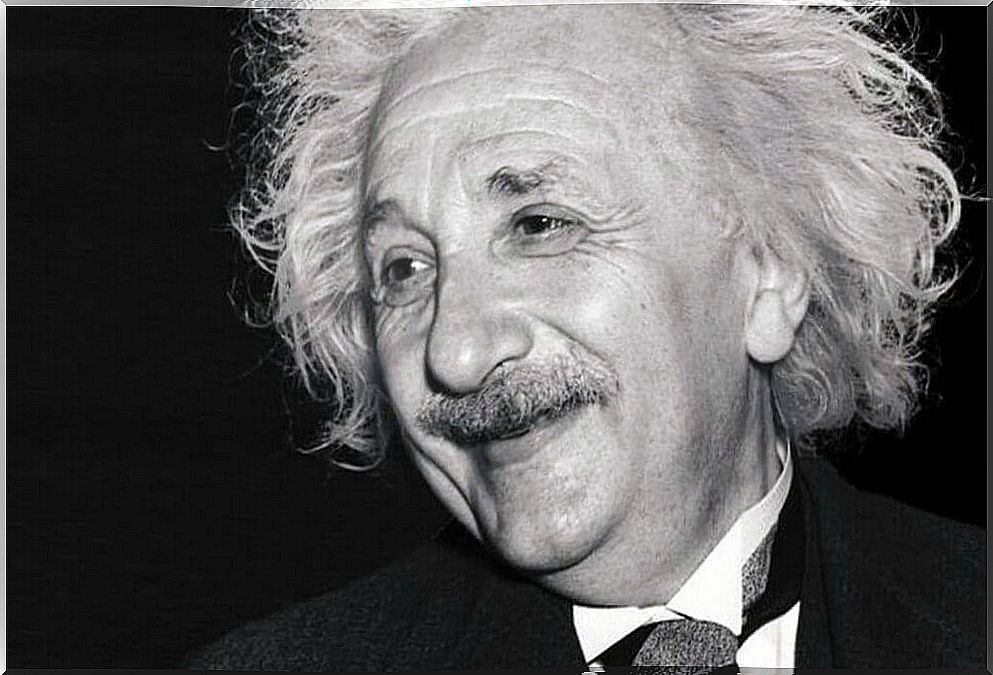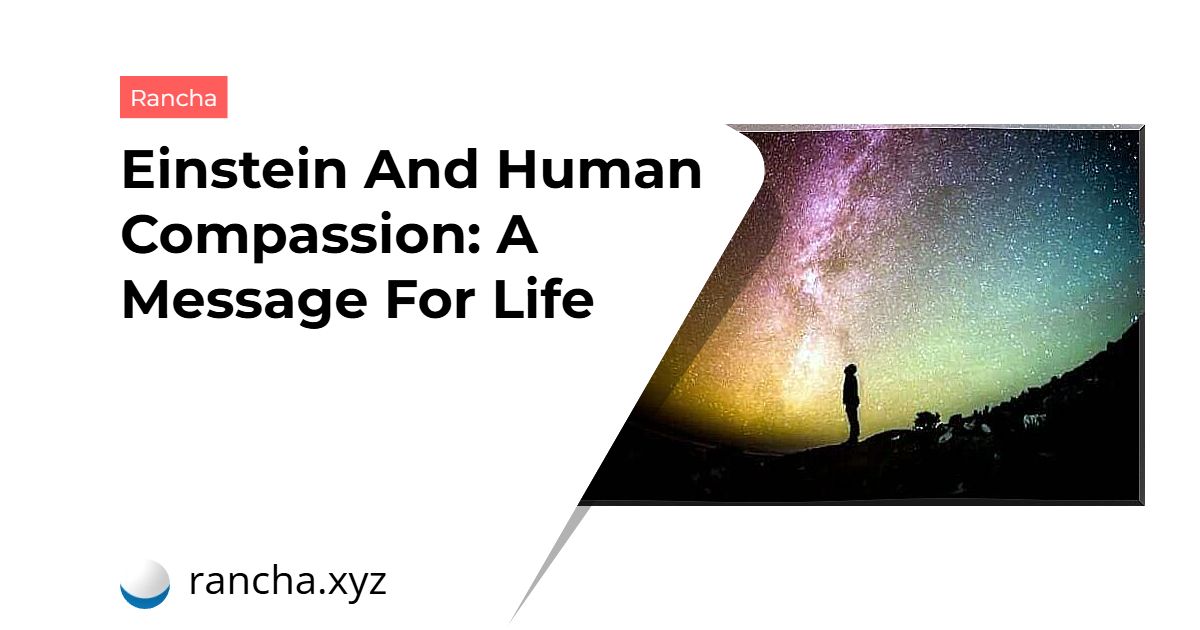In 1950, Albert Einstein wrote a letter rich in symbolism and depth to comfort a father who had just lost a young child to polio. Two decades later, the New York Times would very successfully publish this same text, without realizing that it was offering us a formula for survival and hope, as well as a lot of human compassion.
What is striking about Einstein’s words is that they offer a glimpse into a very particular philosophy. We cannot call it “religion”, but perhaps a kind of cosmic spirituality, of a transcendent character.
The pain of loss can be alleviated, according to the father of relativity theory, when we understand that we are part of a whole. What we think is gone, actually remains within us, in every part of our being.
Five years after writing this letter, Albert Einstein would die of an aneurysm. Somehow, and almost without being aware of it, this small and peculiar gift added to its immense legacy for all of science, especially the field of physics. With the arrival of the Internet and social networks, the letter began to circulate more strongly, and its message is now more relevant than ever…

Einstein and his words about human compassion
We often forget the fact that Albert Einstein was much more than his outstanding scientific achievements. He was a violinist and humanist, a person committed to social values, an admirable teacher and a faithful friend who always helped or sought the best for his immediate surroundings. This is illustrated by his letters and documents stored at Princeton University.
Among his extensive correspondence, we find all this exchange of words that he maintained with figures such as Sigmund Freud, Bertrand Russell, Thomans Mann, George Bernard Shaw, Franklin D. Roosevelt, Albert Schweitzer… Amidst this ocean of lines, reasoning and messages, we realize that Albert Einstein was, above all, a great support for the hours of suffering.
An example of this is seen in the letter sent to the Queen of Belgium. Elizabeth of Bavaria and Albert Einstein shared a friendship and a common passion: music. In 1934, the Queen’s husband had died while mountaineering and this tragedy devastated her. The father of the theory of relativity ended up finding the right words to console her, giving her encouragement and strength.
He did the same with Robert S. Marcus, a faithful and dear friend who lost his son in 1950. In this letter, a central concept stands out, differentiating its content from the others. Human compassion was, for Einstein, a method of salvation and a way to find meaning in life.
A text full of symbolism
If there is one thing difficult, it is to foster hope in people who have lost what they loved most. In these cases, it is not very helpful to say “I’m sorry” or that “the memories will always be alive in the heart”. What Einstein tried with this text was to invite Mr. S. Marcus to look beyond his own pain; to lift our face and realize that each one of us is part of a whole.
The anguish and bitterness caused by the loss should not trap us in eternal suffering. We must transcend these states and awaken compassion, love and affection for everything around us…

Human compassion: formula that gives meaning to life
Albert Einstein made us understand something we should remember more often: we do not exist in isolation. Individualism has no meaning, no purpose, in an interdependent world, in a universe where we are all part of the whole.
Human compassion is the vehicle that allows us to transcend, to go beyond ourselves to reach everything that involves us.
An authentic humanity is one that goes beyond religions, ideologies, selfishness, fears and prejudices. Thus, it is important to highlight that Albert Einstein was not the only one who gave an almost cosmic perspective to human compassion.
Carl Sagan also reminds us, in one of his books, that when we put our intelligence, our technology and our compassion together, we are able to reach the stars. It is worth remembering the words of these two unforgettable figures from the worlds of physics and astronomy…
 rancha.xyz Be free to choose their own route to self-knowledge, health and balance of body and soul.
rancha.xyz Be free to choose their own route to self-knowledge, health and balance of body and soul.




